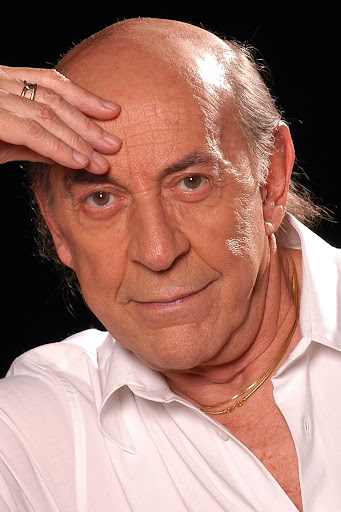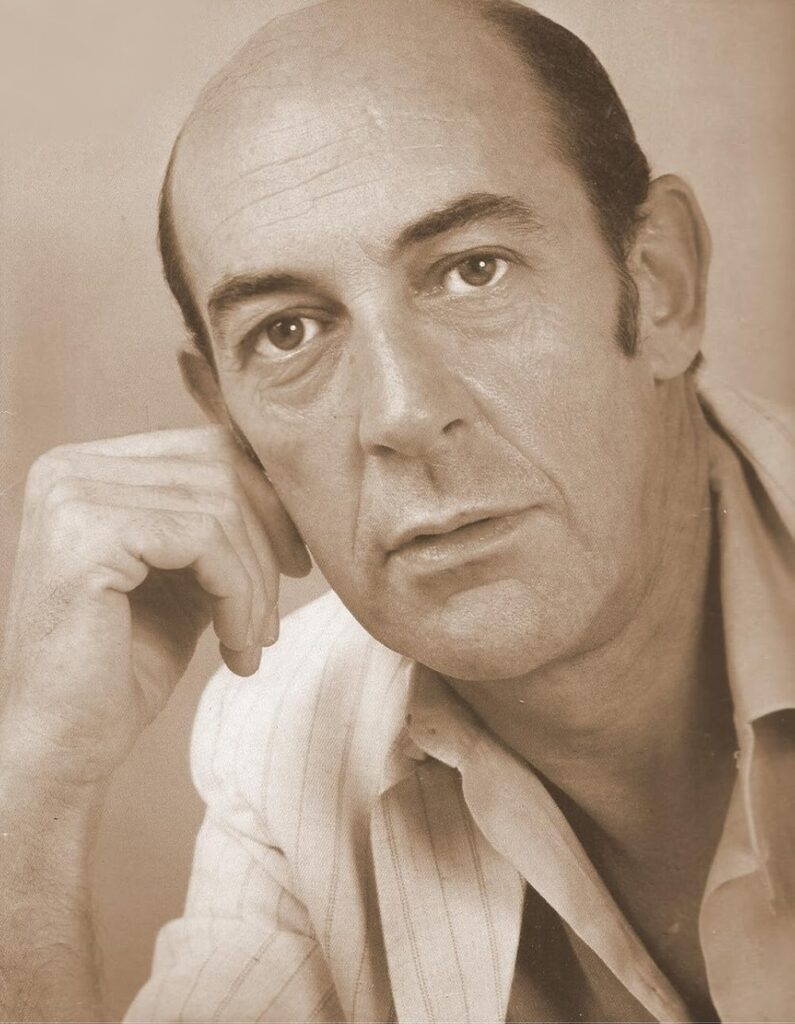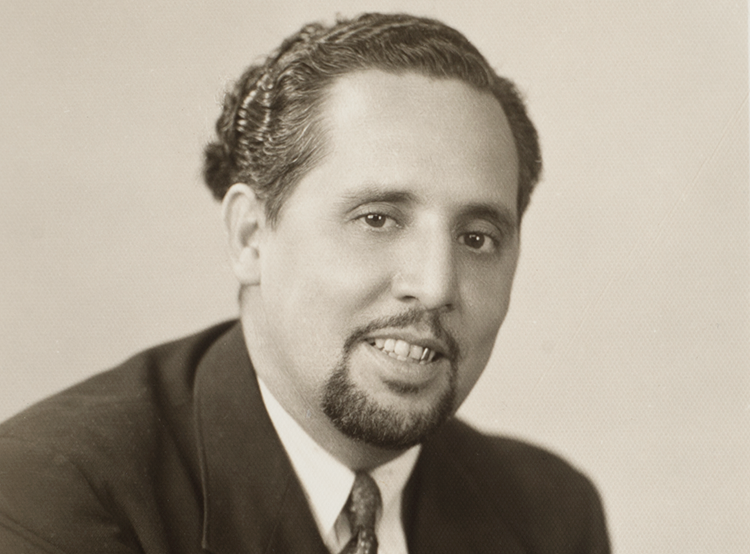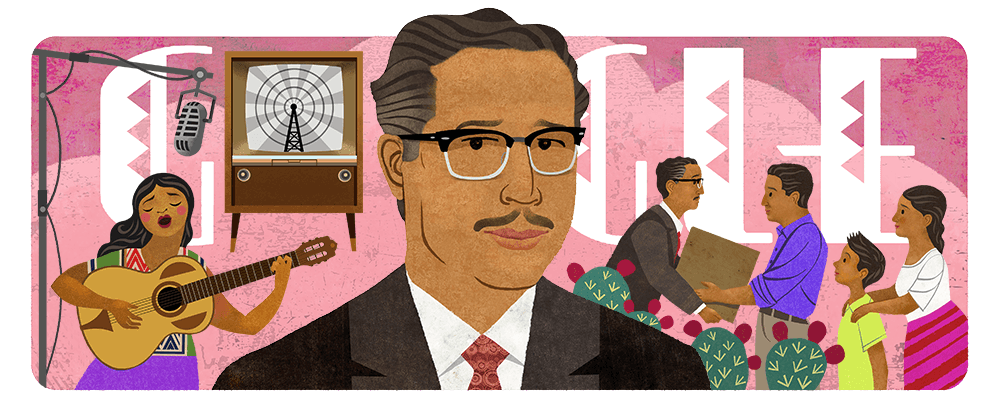Early Life and Background
Raoul A. Cortez was born on October 17, 1905, in Jalapa, Veracruz, Mexico, to Mr. and Mrs. Juan Manuel Cortez. He was one of nine children. As a young man, Raoul A. Cortez moved to the United States to seek new opportunities.
In America, Cortez worked very hard. Growing up in a new country and having a rich cultural background helped shape his view of the world. These experiences inspired him to support and advocate for the Hispanic community.
Read Meekah Net Worth
Entry into Media
Raoul A. Cortez started his journey into the media in the 1930s. He worked as a reporter for La Prensa and a sales representative for the Pearl Brewing Company. He noticed that Hispanic Americans were not well-represented and felt they needed a stronger voice.
In the 1930s and 1940s, Cortez owned and ran a theatrical agency. This agency brought top entertainers from Mexico and Latin America to the United States. This experience helped him build a foundation for his future work in the media industry.
Must Visit Bruce Wilpon Wife
Establishment of KCOR
In 1940, Raoul A. Cortez started buying airtime on KMAC Radio and produced Spanish variety shows. In 1944, he applied for a license to create the first full-time Spanish-language radio station in the country. KCOR-AM began broadcasting in 1946.
This achievement was significant because, at that time, few platforms served the Hispanic community. Cortez’s station offered a mix of music, news, and cultural programs. It preserved Hispanic traditions and helped the community integrate into American society.
Explore Brandon Marsh Wife

Challenges and Triumphs
Starting KCOR was challenging. Cortez faced financial problems and doubts from advertisers who were unsure if a Spanish-language station would succeed. Despite these obstacles, his determination and support from the community helped KCOR thrive. The station became a beloved part of San Antonio, paving the way for future Spanish-language media in the U.S.
Expansion into Television
Building on KCOR’s success, Cortez focused on television. In 1955, he started KCOR-TV, the first Spanish-language TV station in the U.S. and the first UHF channel in the country. This was a big step in media history, expanding Hispanic programming and giving a visual platform to Hispanic culture and issues.
Programming and Impact
KCOR-TV offered various programs, including news, telenovelas, variety shows, and educational content. The station was vital in raising awareness about social and political issues affecting the Hispanic community. It also provided a sense of pride and representation by showcasing Hispanic talent and stories.
Advocacy and Community Involvement
Besides his work in media, Raoul A. Cortez was a committed community advocate. He served two terms as National President of the League of United Latin American Citizens (LULAC). In this role, he spoke with President Miguel Aleman of Mexico and President Harry S. Truman of the United States about the challenges faced by Mexican illegal immigrants. He was credited with improving relations between the two governments and their agreements regulating the “Bracero” program.
Influence on Civil Rights
Cortez’s work in media and advocacy was closely connected to the civil rights movement. He used his radio and TV stations to support and amplify the voices of civil rights leaders. Cortez’s efforts helped unite the Hispanic community and highlight injustices, contributing to broader societal changes.
Leadership Roles
Cortez also held leadership roles in various organizations. He was President of the Mexican Chamber of Commerce, now called the Hispanic Chamber of Commerce in San Antonio. He also served as President of the Charro Association, showing his strong dedication to promoting Hispanic culture and business.

Legacy and Recognition
Raoul A. Cortez made a lasting impact on media and the Hispanic community. His groundbreaking work opened doors for future Hispanic media professionals and advocates. Today, his legacy is celebrated through numerous awards and recognitions that honor his contributions to media and community service.
Awards and Honors
Throughout his career, many awards recognized Cortez for his pioneering work and commitment to the Hispanic community. These honors reflect how his efforts to promote inclusive media and advocate for civil rights were widely appreciated.
Continuing Influence
Cortez’s work has had a lasting impact on media. Since the days of KCOR, Spanish-language media has expanded a lot. There are now many radio and TV stations serving Hispanic audiences all over the country. Cortez’s vision and hard work showed how important representation is and helped pave the way for future progress.
Modern Media Landscape
Today, Hispanic media is an important and lively part of American culture. The success of networks like Univision and Telemundo can be traced back to Raoul A. Cortez’s pioneering work. His impact is clear in how Hispanic media has continued to grow and diversify.
Personal Life and Character
Raoul A. Cortez was celebrated not just for his professional success but also for his strong character and dedication to his family. He managed to balance his career with his commitment to his loved ones, showing values of hard work, perseverance, and community service.

Family and Values
Family was at the heart of Cortez’s life. He married Genoveva Cortez and had three children: Raoul Jr., Rosamaria Toscano, and Irma Nicolas. He emphasized the importance of education, cultural pride, and community service to his children. His personal values shaped his professional work, fueling his dedication to equality and representation.
| Marital Status | Married |
| Wife | Genoveva Cortez |
| Kids | 3 (Raoul, Irma, Rosamaria) |
| Siblings | N/A |
Conclusion
Raoul A. Cortez is a key figure in the history of Hispanic media and advocacy. His groundbreaking work in radio and television gave the Hispanic community a much-needed voice. Cortez didn’t just entertain and inform; he also fought for civil rights and community empowerment. His legacy continues to inspire future generations to keep working for representation and equality.

